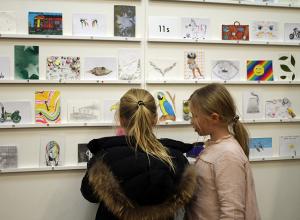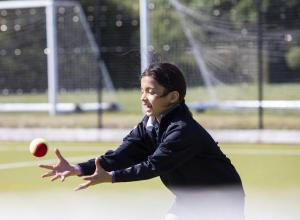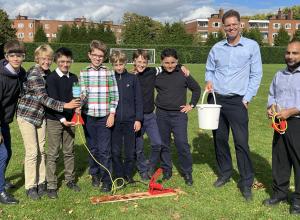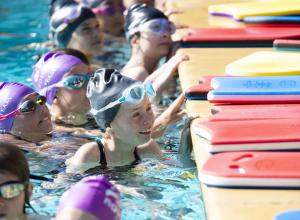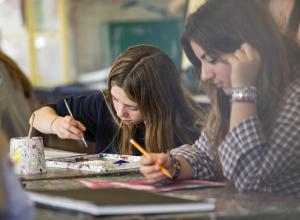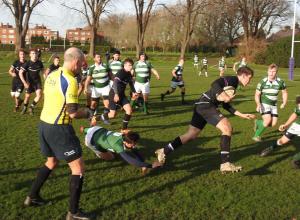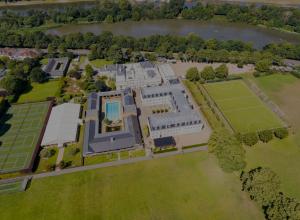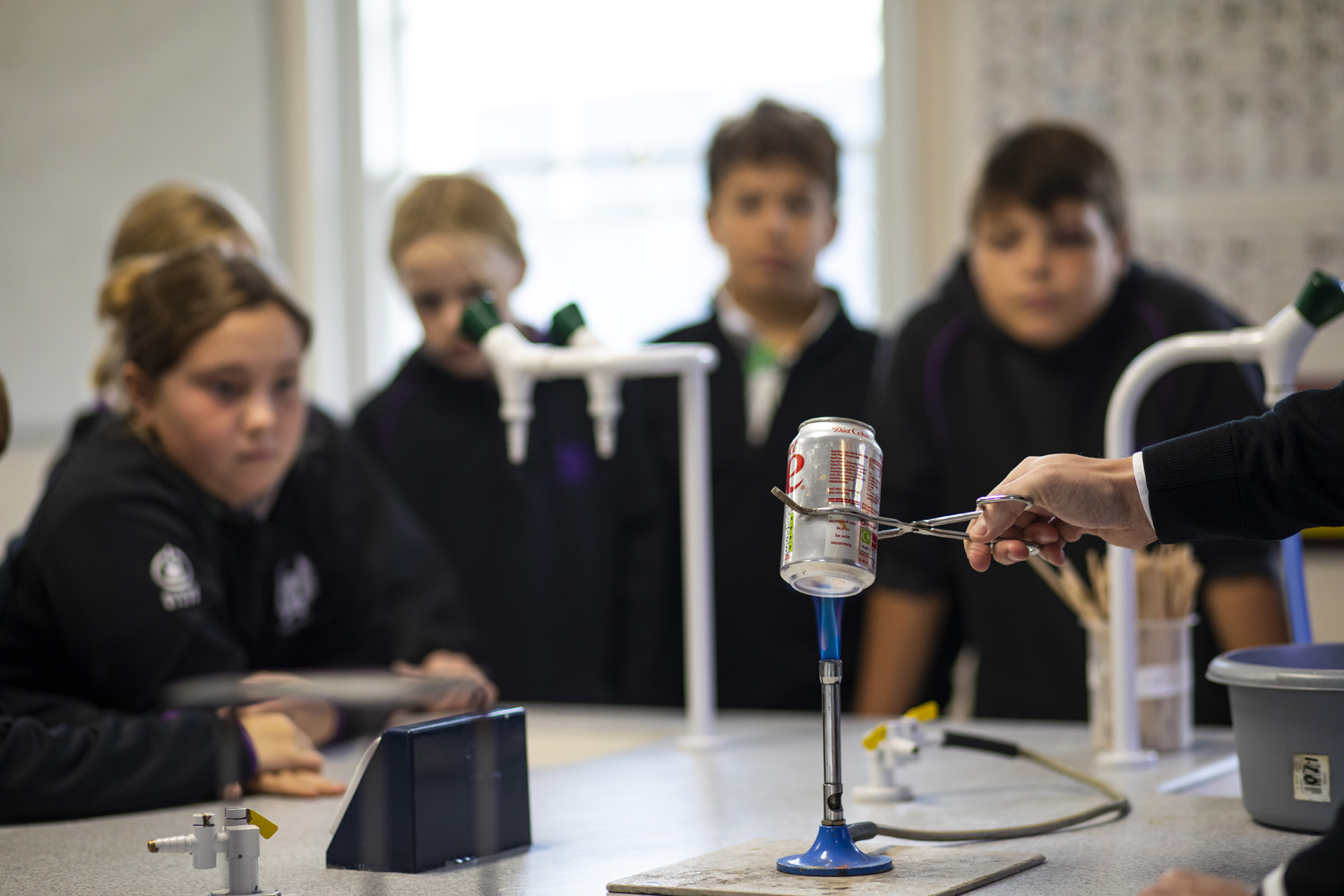
In his latest blog on the Harrodian Prep's seven essential pillars, Warren Rodricks explains why we need to teach our children to cherish and express their own curiosity.
Mr Rodricks?’
‘Yes, Vicki,’ I answered, eagerly anticipating a response to my question.
‘Do jellyfish have brains?’ Vicki stared at me; eyes wide, ready for my answer.
“Vicki…” I started, but I wasn’t able to finish. Yes, she was interrupting my lesson, yes, she had not listened to me and yes, her question was completely off topic, but to be honest I was lost in thought.
Well, DID jellyfish have brains?
Surely, they did, yet, where were they kept? I mean, they are all squishy and see-through. So, no way they had brains…but they were living. But were they intelligent? Not all things with brains are intelligent though…Did jellyfish have brains?
Suddenly, all that occupied my mind was whether or not jellyfish had brains. And my life would not be the same until I knew. Such is the power of curiosity
Warren Rodricks
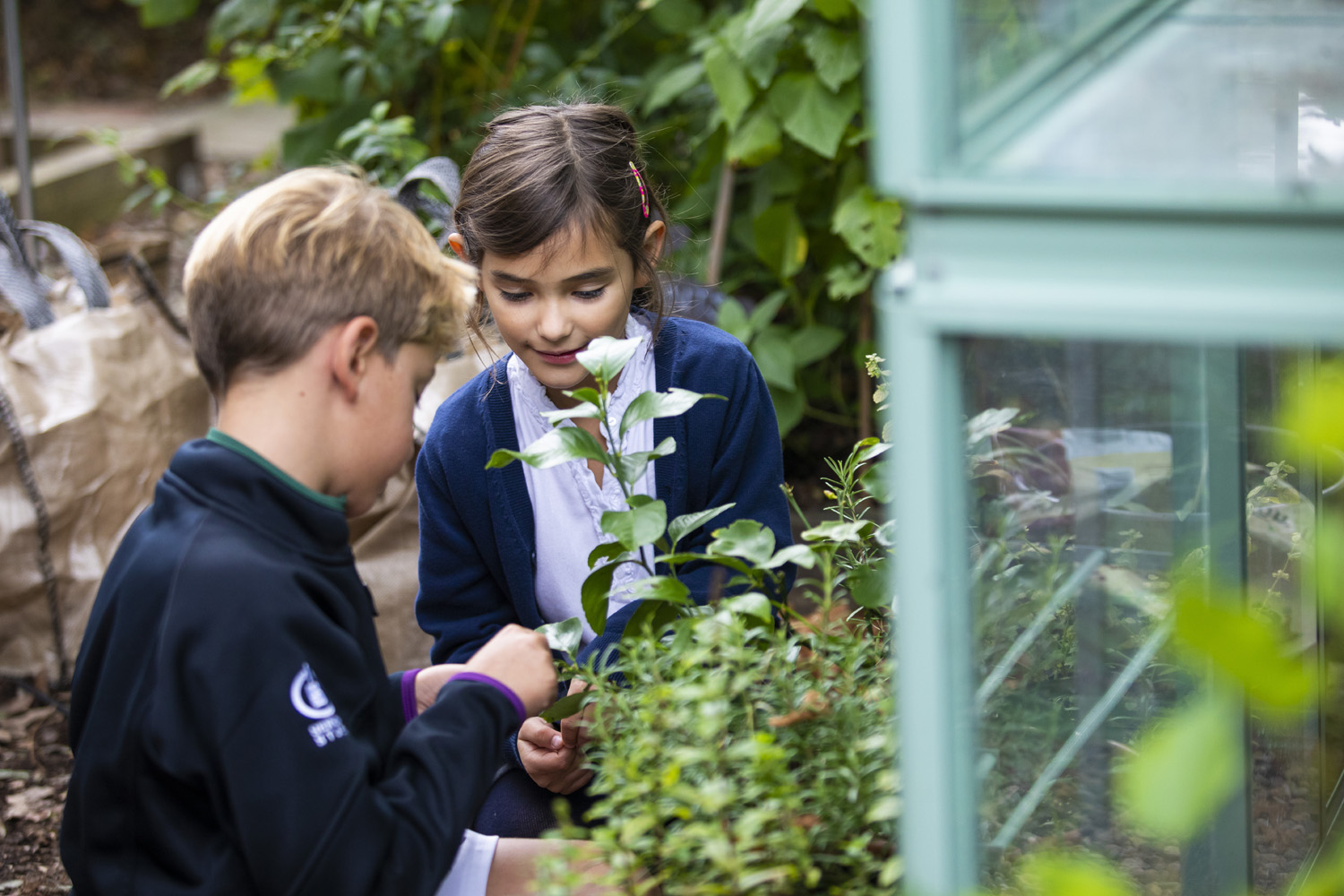 A small question from a small child had set my mind racing. All at once I was excited about the possibilities and I absolutely HAD to know. Suddenly, all that occupied my mind was whether or not jellyfish had brains. And my life would not be the same until I knew. Such is the power of curiosity.
A small question from a small child had set my mind racing. All at once I was excited about the possibilities and I absolutely HAD to know. Suddenly, all that occupied my mind was whether or not jellyfish had brains. And my life would not be the same until I knew. Such is the power of curiosity.
First, let me tell you that jellyfish do not have brains. If you are anything like me, you could have spent the rest of this blog trying to figure out the answer to Vicki's question. Apparently, they have two nervous systems but since that’s not really important let’s get back to the subject in hand: curiosity, as one of our seven Prep pillars.
At our last Prep assembly, the wonderfully talented Mrs Sampson set out why curiosity is important to our pupils. She made note of famous curious people and the impact they had on our lives. She also spoke of the importance of asking questions, which we continually ask our classes to do. And then, somewhat controversially, she ended with the notion that curiosity was actually the key to all the other pillars. This, naturally, set off a great debate amongst Prep staff. Was it right to view curiosity as more important than compassion? Surely being kind was more important than being curious, wasn't it? And what did curiosity do for us that resilience didn’t? There was no way that Mrs Sampson was right, was there…? But then she started to explain.
Curiosity is a mindset. It is the acceptance that the world around us is filled with wonder, filled with uncertainty, filled with mystery. It is a world that is crying out for them to explore first hand,
You see, if you are curious, she surmised, then you would KINDLY ask someone if they needed help.
If you are curious, she proclaimed, you would ask someone if they were okay, demonstrating COMPASSION.
If you are curious, she suggested, you would pester your teacher or your friends with various questions, showing RESILIENCE in your maths lesson as you searched to find an answer.
If you are curious, she exclaimed, you would question internally, how you could INCLUDE everyone so that no one felt left out.
If you are curious, she explained, you would ask your friends to explain why they are pressuring you to do what they want them to do, instead of just doing it, showing INDEPENDENCE.
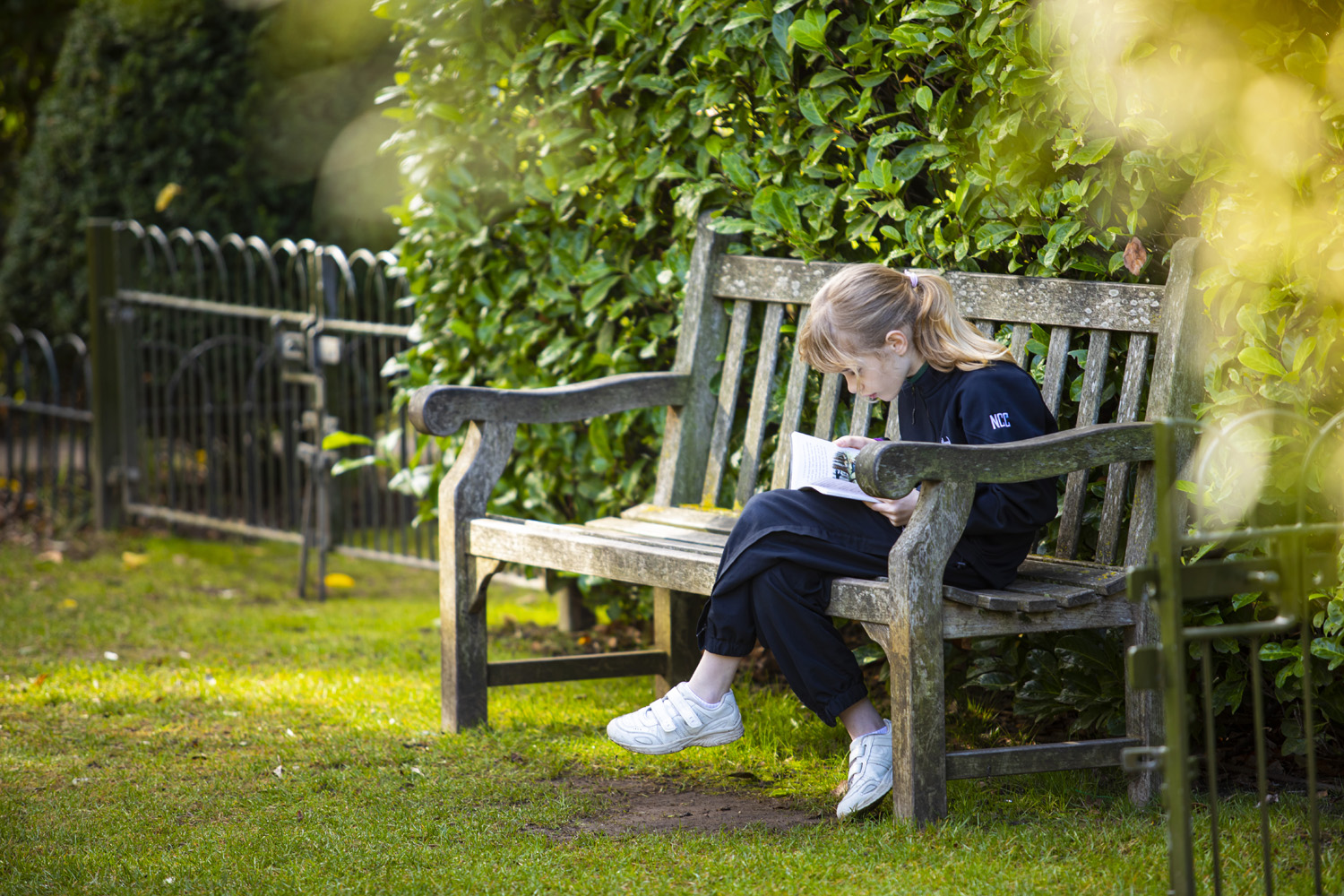
Hmm…was she onto something here? Was Mrs Sampson right? Is curiosity the essential link between all of the Prep pillars? My personal view is that the seven pillars are so intricately linked that you cannot talk about just one without referencing another. And that’s the way we want them to work. Rather than standing alone, the pillars form a connected structure of key attributes that come together to give us a way to interpret the world around us and to make decisions that are just and fair.
One way or another, there’s certainly no question about curiosity’s importance in the mix. When they are very little, children want to know everything. They continually ask ‘why’? There is nothing that they are not curious about and they garner great satisfaction from having their curiosity satisfied. As they begin to grow, sometimes, the questions they have, they keep to themselves so as not to expose their lack of understanding or to avoid drawing any sort of attention to themselves. They become worried about not knowing, rather than excited about learning. But we hope to express to our pupils just how important their curiosity is. We often cite the old adage, “there is no bad question” or that “someone else will want to know the same thing.” Our job is to convince our children that they should want to know and that they should never be worried about not knowing something.
When they are very little, children want to know everything. They continually ask ‘why’? There is nothing that they are not curious about...If we structured our days around a child’s natural curiosity, imagine what they might learn!
Warren Rodricks
It’s important to point out that curiosity is not just about asking questions. To me, curiosity is a mindset. It is the acceptance that the world around us is filled with wonder, filled with uncertainty, filled with mystery. It is a world that is crying out for them to explore first hand, a place in which to make mistakes and to learn from them.
We learn better when we are learning about the things that make us curious. Ponder on that. If we structured our days around a child’s natural curiosity, imagine what they might learn! It is one of the reasons why so much in curriculum is based upon independent exploration and it is why we so highly value the questions our pupils have that help sculpt our lessons.
We hope to express to our pupils just how important their curiosity is... to convince children that they should want to know and that they should never be worried about not knowing something
I have ‘Jellyfish’ Vicki to thank for inspiring my special interest in curiosity. I met her in my first year of teaching when she was only in Year 1 but she inspired me to have a weekly, Random Questions, circle time. With that sort of open forum, I was often worried about the type of questions I might have to answer, mainly because, as with the jellyfish question, I wouldn’t have the answer at hand. Mostly, my class asked me about dinosaurs, which thankfully I knew a fair bit about, having loved dinosaurs as a young boy. But when I was stumped, I never pretended to know and I never gave out false information. Rather, I wrote down the question and began to ask my own set of questions in hopes of finding an answer, pleased with them knowing that my curiosity, just like theirs, was piqued. Learning, curiosity, never stops…or does it? A question for another day!

Warren Rodricks is Head of Lower Prep Maths. He welcomes feedback to this blog at website@harrodian.com

